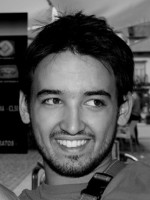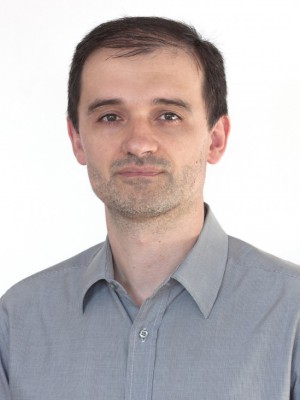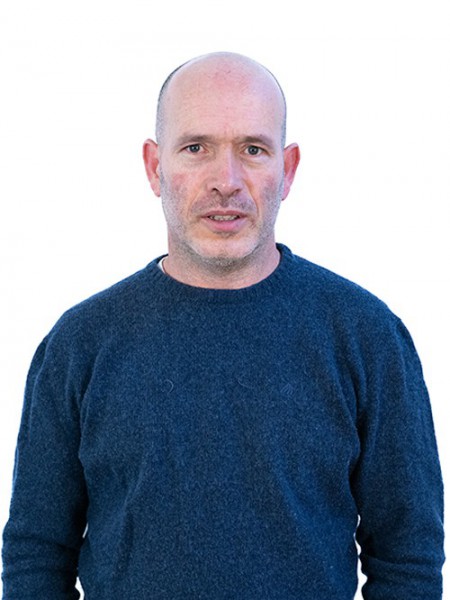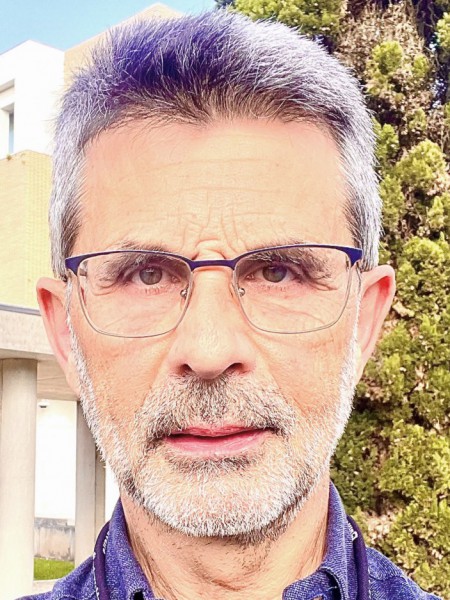resumo
The ion exchange of Cs+ from aqueous solutions was studied using for the first time a microporous lanthanide silicate with photoluminescence properties, Eu-AV-20. It was prepared by hydrothermal synthesis, characterized by SEM, PLS, PXRD and ICP-MS, and several batch ion exchange experiments were performed to measure isotherm and removal curves. Additional curves were measured to evaluate the competition with Na+. The results evidenced the great selectivity of Eu-AV-20 towards Cs+ since cesium removal was slightly modified even for Na+/Cs+ concentrations ratio of 190. The emission photoluminescent spectra of native and Cs+-exchanged Eu-AV-20 were also determined for the first time, and significant modifications were detected, which discloses the potential of Eu-AV-20 for Cs+ sensing purposes. The Langmuir equation provided a good fit to the equilibrium data, with average error of 5.3%, and the Maxwell-Stefan based model adopted to represent the kinetic curves (i.e., concentration versus time) achieved a deviation of 19.0%. An analysis of variance confirmed that the model was statistically significant to represent the uptake curves. The Maxwell-Stefan based model comprises three parameters, namely, the diffusion coefficients associated to the interactions of Cs+ and Eu-AV-20, Na+/K+ and Eu-AV-20, and Cs+ and Na+/K+, whose fitted values were 2.706 x 10(-15), 5.713 x 10(-15) and 9.446 x 10(-12) m(2) s(-1). Such low values evidenced that the intraparticle mass transport mechanism is surface diffusion. This fact is ascribed to the small pores of the Eu-AV-20 crystal, 5.8 x 6.8 angstrom, because the counter ions never escape from the force field of the framework co-ions, mainly due to the strong and long range nature of the electrostatic interactions. (C) 2015 Elsevier B.V.,All rights reserved.
palavras-chave
MICROPOROUS TITANOSILICATE ETS-4; MAXWELL-STEFAN APPROACH; ZIRCONIUM PHOSPHATE; TITANIUM SILICATES; CRYSTAL-STRUCTURES; RADIOACTIVE-WASTE; AQUEOUS-SOLUTION; ACIDIC-SOLUTIONS; ENERGY-TRANSFER; WATER SOLUTIONS
categoria
Engineering
autores
Figueiredo, BR; Ananias, D; Rocha, J; Silva, CM
nossos autores
agradecimentos
B.R. Figueiredo wishes to acknowledge a Ph.D. Grant from Fundacao para a Ciencia e a Tecnologia (SFRH/BD/75457/2010). The authors thank programme Pest-C/CTM/LA0011/2013 (CICECO).





